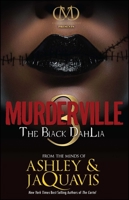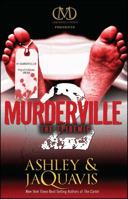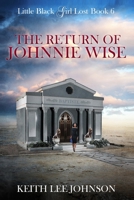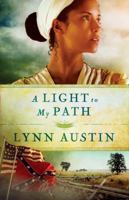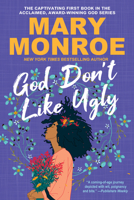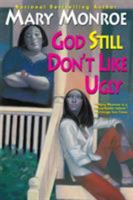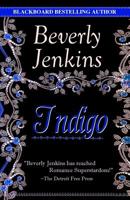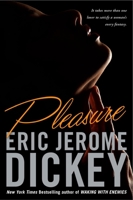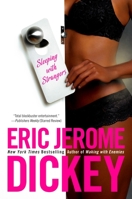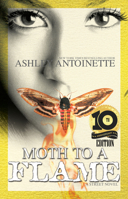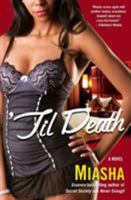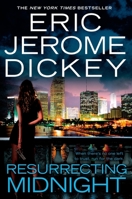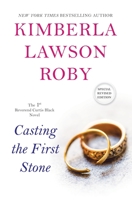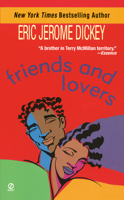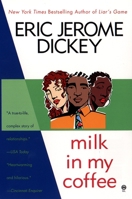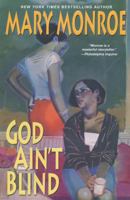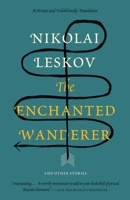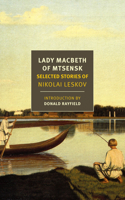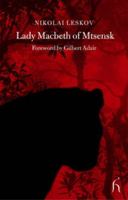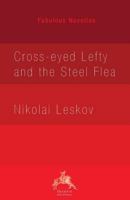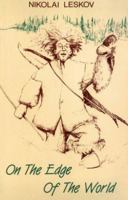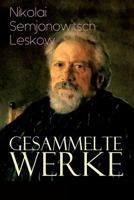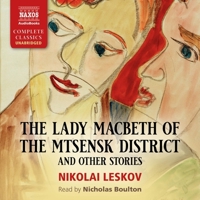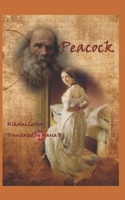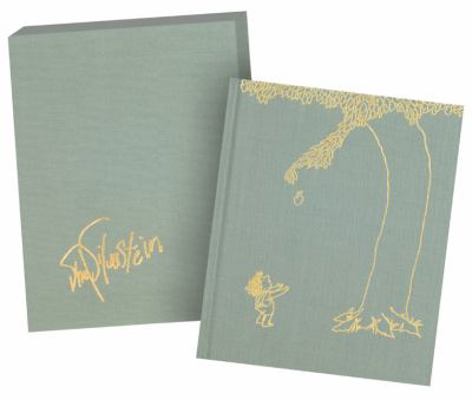You Might Also Enjoy
Book Overview
A romance seven years in the making... Lily Fisher knew he was the one the moment she walked into his office. Needing to escape the confines of living with her sister she convinced The Justice Warrior to take a chance on hiring her. Knowing she could never have the man she loved, she settled for another, not realizing she would be caught up in a web of lies, deceit, and corruption during the turmoil of the political machine. He saw her as a child Tall, dark and broody Colin Sullivan was married to the law. When Lily waltzes into his office demanding a job, his entire world was turned upside down. But he knew that she was forbidden to him. Sixteen years his junior, he could never take her as his wife, or offer the love she so richly deserves. Watching Lily blossom as a woman and get engaged, Colin's heart is twisted, and he escapes to Black Hills to start over. He hoped that space would allow him to forget the woman who was consuming his thoughts. Two major losses and terrible crimes Lily wonders if she can bounce back from losing her true love and the man she was supposed to marry. When her friend Samantha sends for Lily to help with Colin's latest case --two women convicted of terrible crimes and possibly headed to the gallows, she sees it as a second chance. This time can she convince Colin that their age difference is nothing but a number. Can she claim Her Secret Love? This is a continuation in the Black Hills Brides series, which begins with Her Secret Past. You can read this as a stand-alone, however, it ties together the previous three books. This story contains lots of tension between two people who refuse to admit they are perfect for each other, a sweet kiss, and an exciting climax that will leave you wanting more. This is a sweet and clean story.
Format:Paperback
Language:English
ISBN:1718139020
ISBN13:9781718139022
Release Date:August 2018
Publisher:Independently Published
Length:280 Pages
Weight:0.62 lbs.
Dimensions:0.6" x 5.0" x 8.0"
More by Nikolai Leskov
Customer Reviews
5 customer ratings | 5 reviews
There are currently no reviews. Be the first to review this work.












